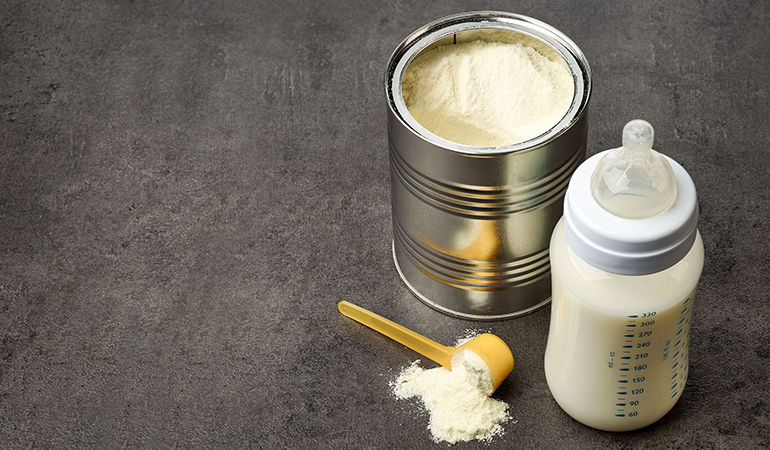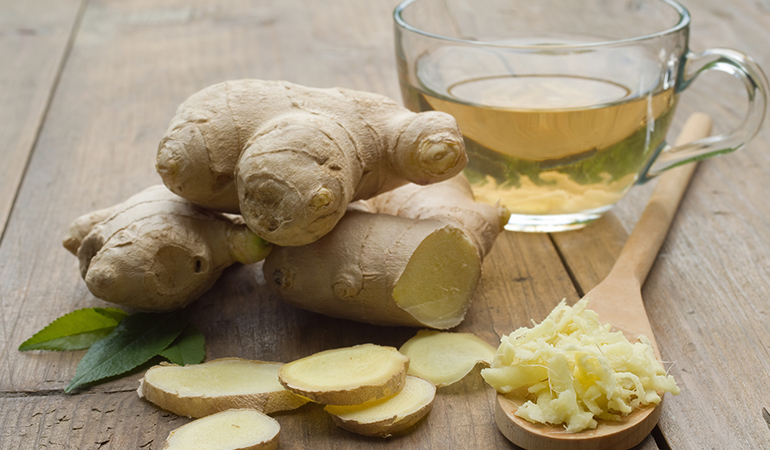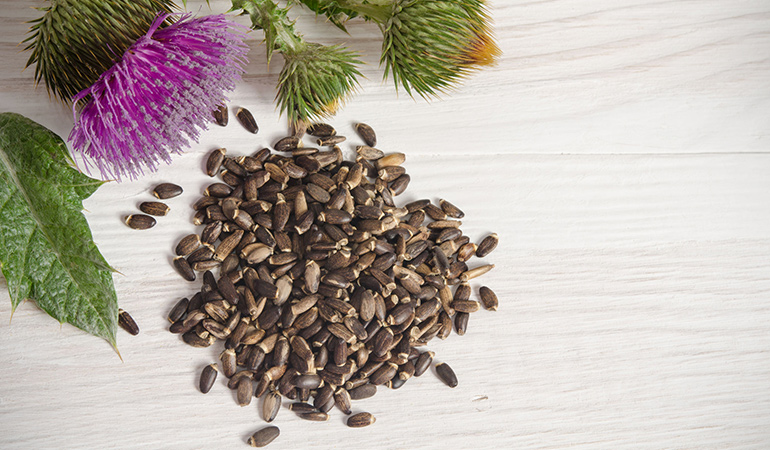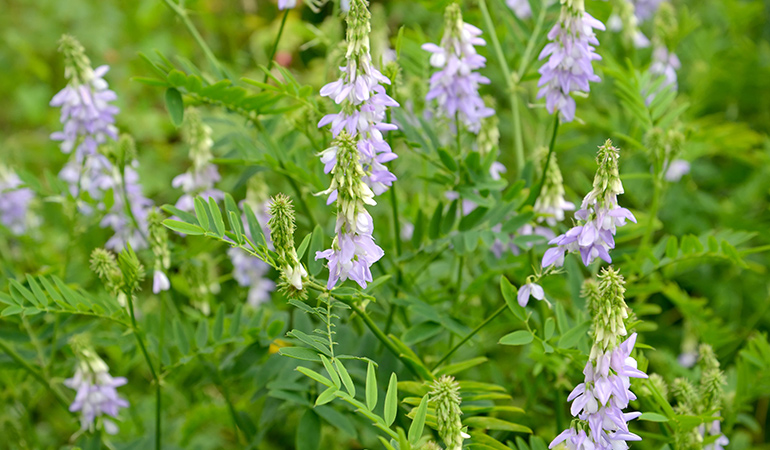Being a new mother can be stressful enough, but it definitely has its rewarding moments. Breastfeeding, for example, is a beautiful way to bond with your baby and keep him nourished and healthy. So it’s understandable when new mothers get stressed about not having enough milk. However, there are plenty of ways to increase your supply naturally.
How To Tell If Your Breast Milk Is Low

If your baby is gaining enough weight steadily, you can rest assured that your baby is getting enough milk from you. If your baby isn’t gaining weight, it can be because of other underlying medical conditions. So make sure to check with your doctor regularly. Most mothers who suspect their supply is low are judging by things that aren’t really clear signals.
Signs of hunger, fussiness, or poor weight gain are the only true ways to tell if milk supply is low.1 The feel of your breasts, how much you can pump, the frequency of nursing, and sensation of letdown are all not reliable symptoms. Once you have ruled out other causes you can try these methods to increase your milk production.
Natural Methods To Increase Breast Milk
1. Get A Good Latch

The key to smooth breastfeeding is helping the baby get a good latch. That means that the baby must have a good part of the breast, with the nipple far back in his mouth. This allows the baby to get a good healthy suck and get milk more efficiently. A good latch means that breastfeeding will be comfortable and painless for you. Without a good latch, the baby may become fussy and need to immediately feed soon after a nursing. Ask a lactation expert or doctor to help you get a good latch.
2. Nurse Frequently

Your body produces milk on the basis of your baby’s need.2 If you’re frequently nursing it signals the body to produce enough to milk to meet the demand. Try to nurse your baby every 2 hours during the day and every 4 hours during the night. Provide lots of skin to skin contact to stimulate milk production.
3. Try Pumping Or Expressing Milk

Like we mentioned earlier, the more you empty milk out, the more milk your body will produce. Try to use a breast pump or express milk by hand in between feedings. You may need to do this regularly just to feel more comfortable so definitely, don’t worry about running low on supply because you’re emptying your breasts of milk.
4.
Hydrate

Breastmilk is about 88% water so make sure to hydrate well throughout the day.3 You can add more fluids to your diet with soups and fresh juices as well to keep your milk production up and prevent dehydration.
5. Eat Well

Depending on your pre-birth weight, you may need up to 500 extra calories a day if you are breastfeeding.4 Since your breast milk does consist of fat, you can add these extra calories in the form of healthy fats like nuts, olive oil, and avocado.
6. Avoid Taking Supplements

Try to avoid supplementing with formula unless absolutely necessary. Again, if the baby is fed on formula and you haven’t nursed her, your body will take it as a sign that your baby doesn’t need as much milk and slow its production.
Foods To Increase Milk Production
These are some foods and herbs that are said to increase milk production. If you notice that the above methods don’t seem to help, consult a lactation expert or a doctor about herbal supplements. You can include them in your diet and perhaps experience an increase.
1. Fenugreek

Fenugreek is one of the most popularly recommended herbs to help increase milk supply. Although most research results are mixed, one study did show that women who regularly had a cup of fenugreek tea produced 3 times more milk than women who did not.5 Lightly crush a teaspoon of fenugreek seeds. Steep them in boiling water for three minutes. You may add sugar if you wish to.
Note: If you have low blood sugar, asthma or diabetes, fenugreek may aggravate those symptoms. Fenugreek may also cause diarrhea. Pay close attention to any side effects and stop taking it immediately if you notice any.
2. Ginger

Studies show that mothers who were given a capsule of dry ginger every day post-delivery showed higher levels of milk production when compared to those who weren’t.6 Try adding ginger tea to your daily routine or include fresh ginger in your food as you cook.
3.
Milk Thistle

Milk thistle and its extract are popular as a home remedy to increase lactation. While there is no scientific evidence to prove its effectiveness, many women notice an immediate increase in their milk production when taking the supplement.
4. Goat’s Rue

Goat’s rue is another herb that is popularly combined with milk thistle and fenugreek to make herbal supplements to increase lactation.
Breastfeeding can be stressful as a new mother, especially if it feels like your supply of milk is running low. Try out these tips first. If you still find it difficult to nurse, consult your doctor or a lactation expert for advice
References




